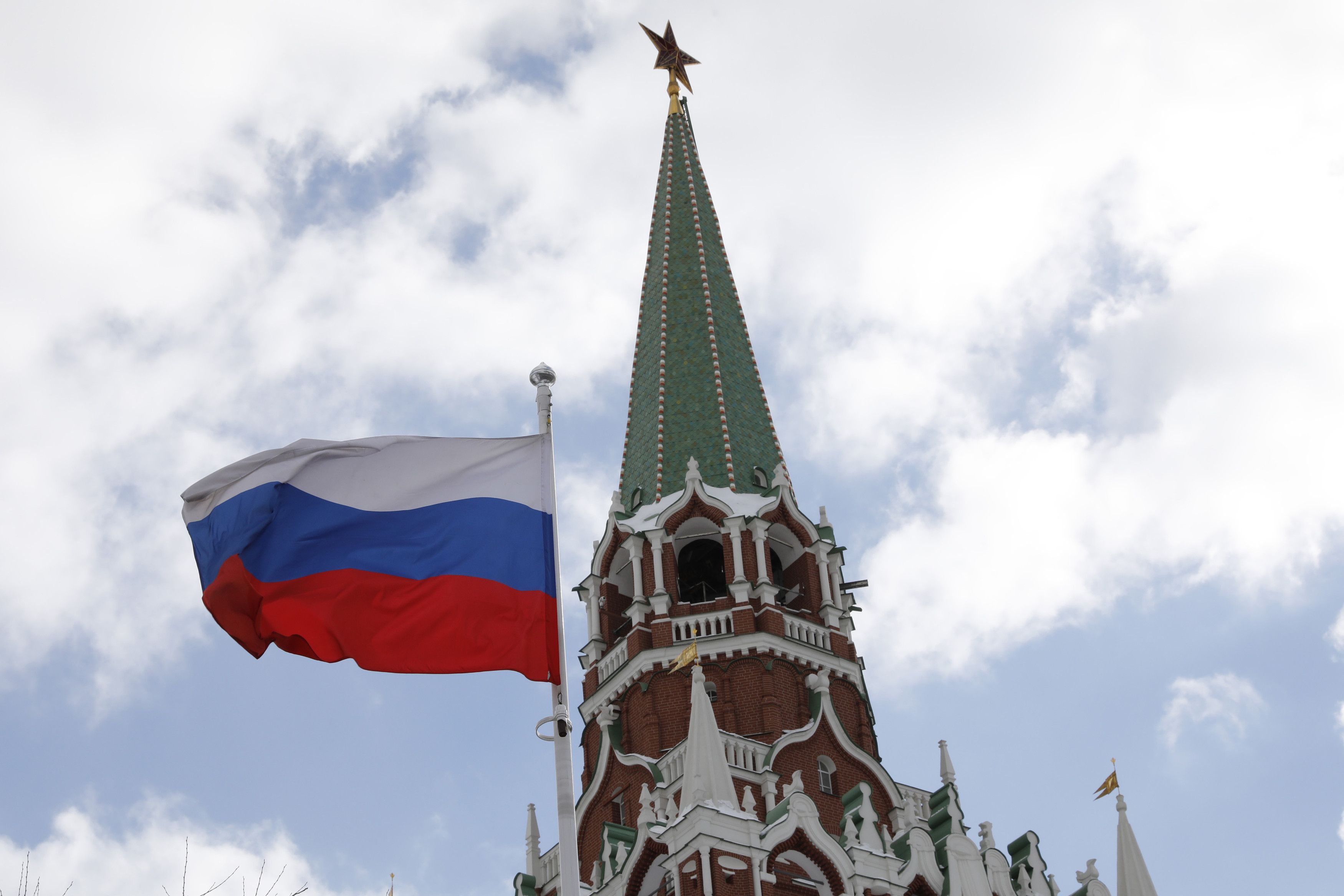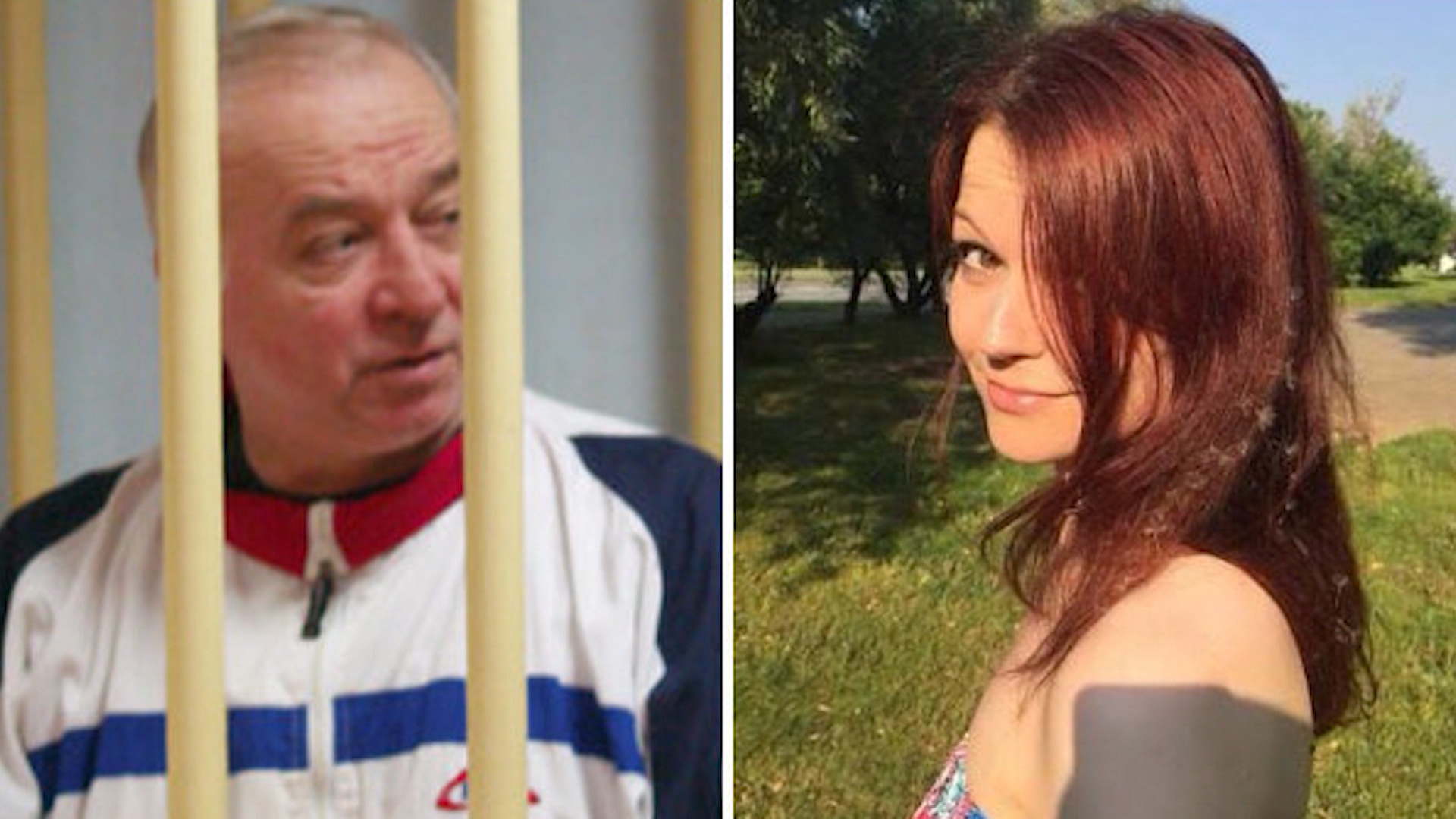
Russia Relations Now 'Worse Than In Cold War', Says Russia's Foreign Minister

Cover Image: Russian flag outside the Kremlin (Credit: PA Images)
Russia's foreign minister has accused Britain and the US of spreading "lies and disinformation" about the poisoning of former Russian spy Sergei Skripal and his daughter, Yulia, declaring that East-West tensions are worse now than during the Cold War.
Britain blames Russia for the attack in Salisbury and has since called on its allies to stand by them - currently, over 150 Russian diplomats have been expelled from two dozen allied countries.
Russian Foreign Minister Sergey Lavrov denounced the British accusations on Monday as a "mad and horrible provocation".
"Many say that the situation now is worse than it was during the Cold War because some rules existed and decorum was observed back then."
He argued that Russia had no motive to attack Mr Skripal, who was released in a 2010 spy swap from a Russian prison where he was serving time for spying for Britain.
"If there were any gripes against the man, he wouldn't have been swapped," Mr Lavrov said.

Russia's top diplomat also mocked Britain's claim that there was no plausible alternative explanation for the poisonings of the Skripals.
British intelligence agencies could have been involved and the case helped distract public attention from the British government's difficult talks to exit the European Union, Mr Lavrov said.
"There are other explanations besides those put forward by our Western colleagues, who declare that it can only be the Russians who are responsible"
"It could also be advantageous to the British government, who clearly find themselves in a difficult situation having failed to fulfil their promises to voters over Brexit."
British officials have previously rejected similar Russian allegations.
Russia, meanwhile, has been displaying a new missile defense system during tests in Kazakhstan.
The launch took place at Sary-Shagan training range over Easter weekend, and is designed to protect Moscow from airspace attacks.
Mr Lavrov said that Russia has called a meeting of the international chemical weapons watchdog on Wednesday to discuss the Skripals case and asked it to provide details of its cooperation with Britain in the poisoning probe.
Alexander Shulgin, the Russian representative at the Organisation for the Prohibition of Chemical Weapons (OPCW), said on Monday in televised remarks that the organisation must conduct an "open, thorough and unbiased investigation" with Russian experts' participation.
British authorities invited OPCW experts to take chemical samples from Salisbury to analyse them.
Mr Shulgin warned that Moscow would not accept the agency's conclusions unless Russian experts are allowed to take part in the process.
Mr Lavrov also criticized the British authorities for delaying Russia's request for consular access to Yulia Skripal, 33, a Russian citizen whose condition has improved since she and her father fell critically ill on March 4.









